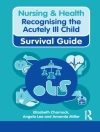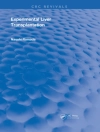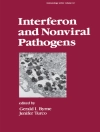Liver Transplantation: Challenging Controversies and Topics grew out of a need I perceived within the fields of transplant hepatology and liver transplantation. Liver transplantation has rightly gained recognition as an established therapy for end-stage liver disease. Few would argue that liver transplantation is one of the few truly lifesaving and life-altering treatments within medicine and surgery. Not many realize that 20 years passed from the time of the first human liver transplantation in 1963 to its acceptance as therapy by the 1983 NIH Consensus Conference on Liver Transplantation. In 2008, 25 years will have passed since the 1983 NIH conference—a mere 25 years for a field that has provided patients hope, doctors options, and to some the “gift of life. ” Many issues in liver transplantation involve indications, patient selection, and outcomes after transplantation—these are standard topics, covered by textbooks of hepatology and transplantation. In contrast, the field of liver tra- plantation is young, evolving, dynamic, and issues and decisions are often controversial. Thus, Dr. Trotter and I, as well as our colleagues at the University of Colorado, felt that a text with a different focus was required, one that highlighted controversy and challenged dogma. Out of this perceived need emerged Liver Transplantation: Challenging Controversies and Topics. To meet the transplant community’s need for emerging information about liver transplantation, Dr. Larry Chan, Dr. Igal Kam, and I initiated the Controversies in Transplantation Conference.
Tabela de Conteúdo
Tolerance in Liver Transplantation.- Novel Approaches to Immunosuppression in Liver Transplantation.- Pre- and Posttransplant Management of Hepatitis C.- The Dilemma of Adult-to-Adult Living Donor Liver Transplantation.- The Share 15 Rule.- Hepatocellular Carcinoma.- Liver Transplantation and the Hepatopulmonary Syndrome.- Long-Term Metabolic Complications Posttransplantation.- Hepatitis B and Liver Transplantation.- Liver Transplantation for Nonalcoholic Fatty Liver Disease.












